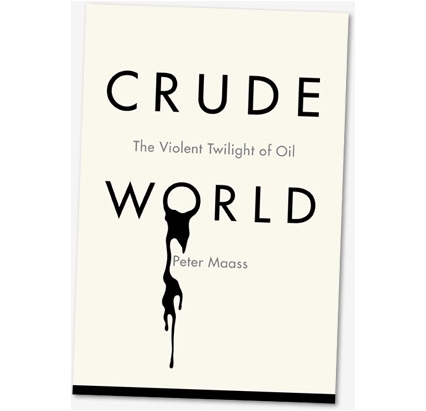Iraq
-
Clean energy legislation is ‘America’s mission,’ says retired military chief
Brigadier Gen. Steven Anderson, who served under Gen. David Petraeus in Iraq, calls clean energy legislation not only a military priority, but an American mission in a new ad from VoteVets.org. Here, he urges senators to pass climate and clean energy legislation, saying it could help alleviate America’s dependence on foreign oil and save the […]
-
Iraq veterans: Support troops by passing clean-energy bill
The Operation Free tour brought U.S. veterans Matt Victoriano (left), Robin Eckstein, and Patrick Bellon to Seattle last week to call for clean-energy legislation.Grist photo/Jonathan HiskesAs a tanker driver in Iraq, U.S. Army veteran Robin Eckstein saw firsthand the risk that fossil-fuel dependence posed to American troops. She drove a water truck in convoys with […]
-
Are crippling droughts the next great threat to Iraq?
Cross-posted from TomDispatch. This report appears in the winter 2009/10 issue of World Policy Journal and is posted here with the kind permission of the editors of that magazine. BAGHDAD — From his mud brick home on the edge of the Garden of Eden, Awda Khasaf has twice seen his country’s lifeblood seep away. The […]
-
The violent twilight of oil and a strategy to expose it
MaassPhoto courtesy Erinn Hartman/KnopfNew York Times Magazine contributing writer Peter Maass spent eight years following the flow of oil around the world, from fields in Saudi Arabia, Iraq, Russia, Venezuela, Nigeria, and Azerbaijan to corporate boardrooms. His new book, Crude World: The Violent Twilight of Oil, uses stories from these locales to show why the […]
-
Will Iraq be a global gas pump?
This guest essay was originally published on TomDispatch and is republished here with Tom’s kind permission. —– Has it all come to this? The wars and invasions, the death and destruction, the exile and torture, the resistance and collapse? In a world of shrinking energy reserves, is Iraq finally fated to become what it was […]
-
KBR, Halliburton sued over war-zone’s toxic burn pits
Confronted with the need to dispose of enormous quantities of war-related trash including batteries, pesticide containers, medical waste and even human body parts, but lacking proper incinerators, private contractors working for the U.S. military in Iraq and Afghanistan came up with a simple solution. They burned the trash in big, open pits. But now soldiers, […]
-
McCain economics
Here’s Obama’s new ad hitting McCain: I’m not entirely sure I get the Iraq bit. Is the Obama campaign now trying to cast Iraq as some sort of pampered welfare recipient? I know it now has an oil surplus, but it’s not exactly like they’re sitting pretty over there.
-
Drought grips Iraq, threatening crops and water supplies
On top of Iraq’s myriad other problems, drought has hit the country hard recently, impacting crops and water supplies in many regions. Rainfall this winter was about 40 percent lower than usual in Iraq and Turkey, and as a result, the Tigris River near Baghdad is at its lowest level since 2001. In the country’s […]
-
All the oil news that’s fit to print
This essay was originally published on TomDispatch and is republished here with Tom's kind permission.
-----
On June 19, the New York Times broke the story in an article headlined "Deals with Iraq Are Set to Bring Oil Giants Back: Rare No-Bid Contracts, A Foothold for Western Companies Seeking Future Rewards." Finally, after a long five years-plus, there was proof that the occupation of Iraq really did have something or other to do with oil. Quoting unnamed Iraqi Oil Ministry bureaucrats, oil company officials, and an anonymous American diplomat, Andrew Kramer of the Times wrote: "Exxon Mobil, Shell, Total and BP ... along with Chevron and a number of smaller oil companies, are in talks with Iraq's Oil Ministry for no-bid contracts to service Iraq's largest fields."
The news caused a minor stir, as other newspapers picked up and advanced the story and the mainstream media, only a few years late, began to seriously consider the significance of oil to the occupation of Iraq.
As always happens when, for whatever reason, you come late to a major story and find yourself playing catch-up on the run, there are a few corrections and blind spots in the current coverage that might be worth addressing before another five years pass. In the spirit of collegiality, I offer the following leads for the mainstream media to consider as they change gears from no-comment to hot-pursuit when it comes to the story of Iraq's most sought after commodity. I'm talking, of course, about that "sea of oil" on which, as Deputy Secretary of Defense Paul Wolfowitz pointed out way back in May 2003, the month after Baghdad fell, Iraq "floats."



